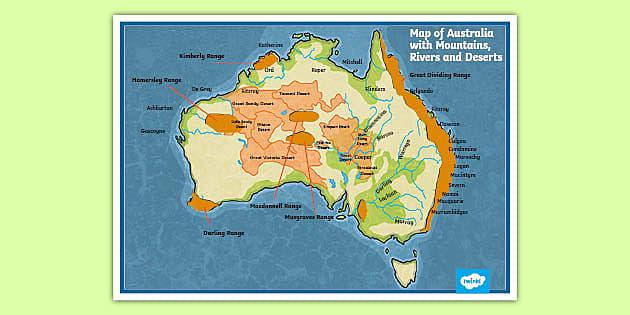Australia’s recent shift in policy recognizing a Palestinian state marks a significant departure in its Middle East stance, raising questions about the future of its diplomatic ties and strategic alliances in the region. As Canberra recalibrates its position amid evolving geopolitical dynamics, experts and officials alike are weighing the potential repercussions for Australia’s relationships with key players, including Israel and Gulf states. This article explores how the move could reshape Australia’s role and influence in a complex and often volatile part of the world.
Australia’s Recognition of Palestinian Statehood and Its Diplomatic Ripple Effects
Australia’s recent decision to acknowledge Palestinian statehood signifies a notable shift in its Middle Eastern diplomacy, potentially recalibrating long-established alliances. This move, while applauded by Palestinian leaders and supporters of a two-state solution, has introduced a wave of diplomatic challenges, particularly with key regional players such as Israel and the United States. Canberra faces the delicate task of balancing its historical alliances with new political realities, as advocates call for a reinvigorated commitment to peace efforts while critics argue this step may provoke tensions.
The diplomatic ripple effects stretch beyond bilateral ties, influencing Australia’s relations with Gulf countries and other influential actors within the Arab League. Analysts highlight the following implications:
- Strengthening ties with Palestinian supporters: Potentially enhancing trade and cultural exchanges.
- Testing relations with Israel: Possible cooled cooperation in defense and intelligence sharing.
- Recalibrating regional partnerships: Navigating a complex landscape with Gulf states balancing their own alliances.
| Country | Potential Reaction | Impact on Australia |
|---|---|---|
| Israel | Cautious and reserved | Reduced diplomatic warmth |
| USA | Concerned but consultative | Pressure for policy clarification |
| Gulf States | Supportive yet pragmatic | Opportunities for deeper engagement |
Evaluating the Regional Security Implications for Australia’s Middle East Alliances
Australia’s recent diplomatic pivot towards recognizing Palestinian statehood signals a significant recalibration of its Middle East policy, which could reverberate across its longstanding alliances. Key regional partners such as Israel, Saudi Arabia, and the United Arab Emirates may interpret Canberra’s stance as a shift in alignment, potentially complicating intelligence sharing, defense cooperation, and economic ties. While Australia maintains a commitment to balanced diplomacy, this move challenges its role as a mediator in a region long defined by entrenched conflicts and rapidly evolving geopolitical interests.
Experts suggest that Canberra’s strategic recalibration comes amid a volatile Middle East landscape, where local actors and external powers continuously negotiate shifting alliances. The implications for Australia’s security framework include:
- Heightened Diplomatic Sensitivities: Navigating divergent views among Gulf Cooperation Council (GCC) members and Israel requires deft diplomacy to avoid alienating vital partners.
- Counterterrorism Cooperation: Potential disruption or realignment in intelligence-sharing protocols, especially with nations directly affected by Palestinian issues.
- Defense Commitments: Questions arise regarding Australia’s participation in joint military exercises and arms trade agreements influenced by political trust.
| Security Aspect | Potential Impact | Regional Partners Affected | ||||||||||||||||||||||||||||||
|---|---|---|---|---|---|---|---|---|---|---|---|---|---|---|---|---|---|---|---|---|---|---|---|---|---|---|---|---|---|---|---|---|
| Intelligence Cooperation | Possible reduction in joint operations | Israel, UAE | ||||||||||||||||||||||||||||||
| Trade & Military Agreements | Delay or renegotiation of contracts | Strategic Recommendations for Navigating Australia’s Evolving Role in the Israeli-Palestinian Conflict
To adeptly manage the complexities stemming from Australia’s evolving stance on Palestinian statehood, policymakers must prioritize a multi-dimensional approach that balances diplomatic engagement with regional sensitivities. Robust dialogue channels with Middle Eastern partners-especially those wary of shifts in Israeli-Palestinian dynamics-will be essential. This includes enhancing relationships with Gulf Cooperation Council (GCC) states and leveraging Australia’s strengths in peacekeeping and development aid to reinforce its credibility as a mediator rather than a partisan actor. Equally, transparent communication with traditional Western allies is crucial to mitigate strategic misunderstandings and maintain trust within broader security frameworks. Pragmatic steps include focusing on targeted economic and humanitarian initiatives that foster grassroots goodwill without alienating any party. The table below outlines core strategic pillars that Canberra might adopt to maintain equilibrium in a highly volatile geopolitical environment:
|




